Edona Shehaj: "Volunteering is not just about giving; it's about understanding the impact you can have on someone's life"
Edona Shehaj is one of the three European Volunteer Ambassadors 2024, announced by the Centre European for Volunteering (CEV).
In the interview, she discusses her excitement at being appointed as an Ambassador for the European Volunteer Ambassador 2024 and emphasized her dedication to promoting the importance of volunteering in society, drawing from her experiences as a volunteer at Home-Start in Brussels.
Congratulations on joining the European Volunteer Ambassadors 2024! Tell us, how does it feel to be named Ambassador and what are your first impressions about taking on this important role?
Thank you, I am very pleased to have the opportunity to spread the word on the importance of volunteering in our society. I have already had the chance to meet many different people with different backgrounds, who all have their own reasons to do volunteering. It has been fascinating to hear their stories and see what drives them.
As Ambassador, you join Lotte Rens and Wannes Huybrechts. How do you plan to collaborate with your fellow Ambassadors to maximize the impact of your efforts and achieve common goals?
I believe the whole is greater than the sum of its parts. It is nice to have shared responsibility on this matter, it takes off any stress to know two people have your back. We all have different schedules in life, which works in our favour since this way at any given time at least one of us will be available to attend important events. This way we maximise participation and later on make sure to share each other's content on our social media to maximise online exposure. I believe all three of us contribute in our own unique ways, focused on different subjects yet similar goals.
You are a volunteer at Home-Start in Brussels, what is your role there? Can you share a specific volunteer experience where you felt a significant impact on the lives of others or on your own perspective on volunteering?
Home-Start believes that social support and a strong network in our society are protective factors for families in a vulnerable situation. As a volunteer I help guide families by showing them how to identify and make use of these networks. Home-Start volunteers are supported in this role by trainings and peer reviews, experience exchange and family discussions in groups led by employed and volunteer professionals.
I have experienced a family of six getting evicted out of their apartment, without any back-up plan on where to live next. No private property owner seemed to care to take in a family of six, with a different ethnic background and four small children in any of the apartments in their price range. I had expected the Public Authorities to take over, yet could have never imagined how difficult it would be to find State owned housing or even shelters. In the very end they were temporarily put in a State owned apartment. I have supported them throughout these uncertain times by being there for them, connecting them to the right authorities and helping out administratively to extend the deadline of their stay (during Covid times) until a social loan could come through, which made it possible for them to buy a house of their own.
How do you think the local experience of volunteering can inspire and enrich conversations at European level about the importance of volunteering in building strong and connected communities?
By engaging this closely with people, we volunteers can bring light to certain issues that are not immediately visible/known on higher levels. In my personal experience I have noticed there is a black hole in between the moment of eviction and finding shelter/(social) housing. Even when all existing procedures are followed, people can still end up homeless, and easily lost in the bureaucracy. As volunteers, we can share these stories and urge to change existing procedures/structures, make space and budget for more (efficient) fieldwork.
Citizen participation is essential for the success of any volunteer initiative. What are your strategies to encourage greater community participation and motivate more people to join the volunteer movement?
I think it is crucial to teach the importance of volunteering in schools at a young age, and integrate a day of engagement in volunteering in the schools curriculum as part of Service Learning programmes.
What are your main objectives as Ambassador of the European Capital of Volunteering? Are there any specific projects or focuses you would like to pursue during your tenure?
Just like for my two co-ambassadors, to me inclusion is key. In my case, more specifically of minorities with different ethnic backgrounds. My family and I came to Belgium seeking asylum during the war in Kosovo in 1999. Apart from this being a very disruptive time, there were specific institutions and people who helped us massively to get back on our feet, many of them volunteers. They say you don’t forget the people who were there for you in difficult times, and I see nothing more purposeful than to become one of these people ourselves. With all that is currently going on in the world, the importance of informal, easily accessible organisations in societies that seem to become more and more individualistic, will be a major focus point for me.
The CEV mentions that ambassadors have a crucial role in disseminating the value and recognition of volunteering in Europe, also connecting with the Belgian Presidency of the Council of the EU in 2024. How do you plan to address this crucial role and what are your strategies to reach wider audiences across Europe?
By shedding light on the existing European networks that are connecting many people already and trying to get more people to join these projects. I believe these initiatives have the capacity to become even bigger and better funded if they could reach audiences who are unaware of them yet. This is where we as European Volunteering Ambassadors come in, by promoting EU initiatives like the European Solidarity Corps Programme, we can spark interest in volunteering on the local as well as the European level. We can use these platforms and share the stories and experiences from all over Europe to trigger a wider audience and this way to create stronger foundations for volunteering in general.
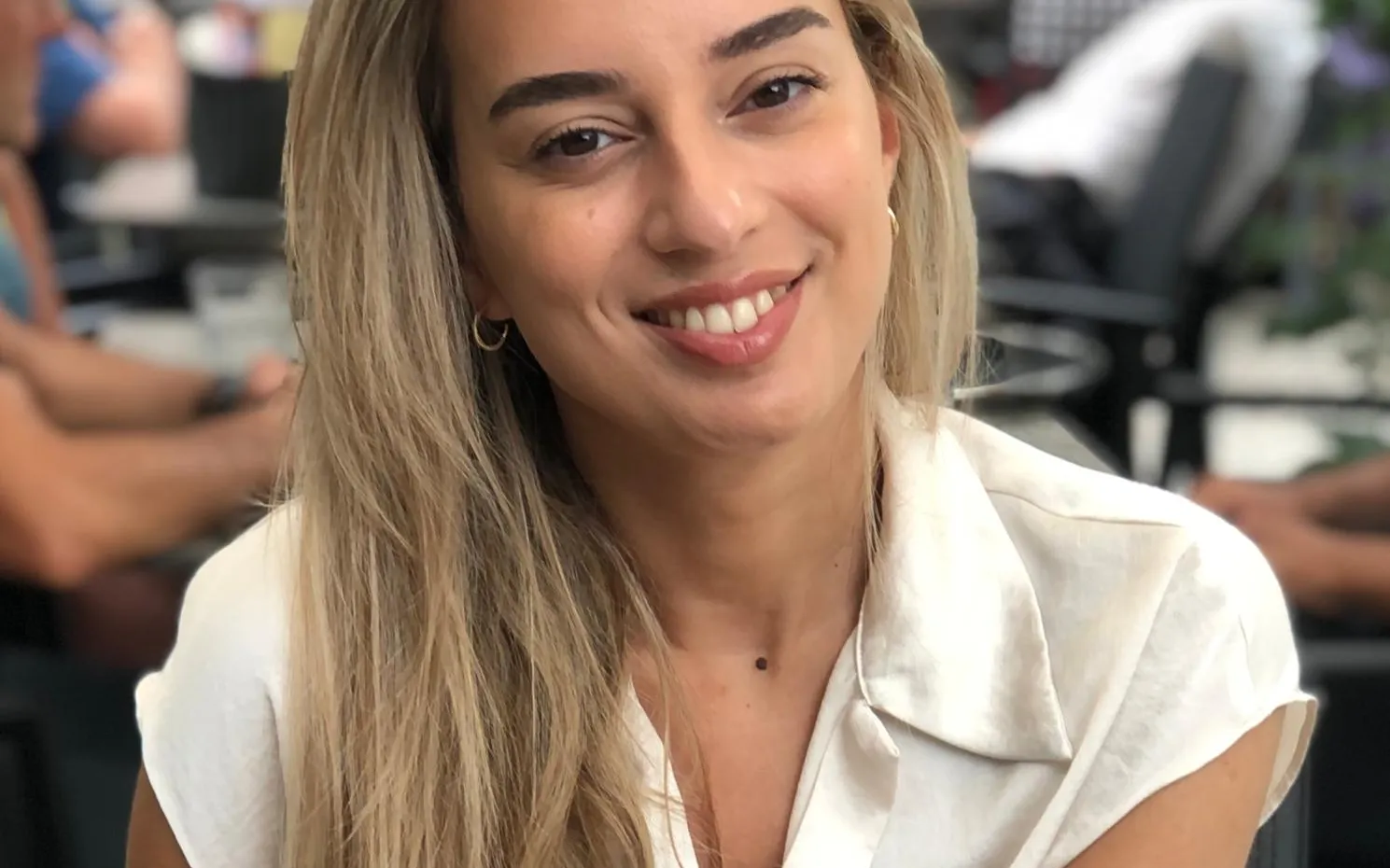


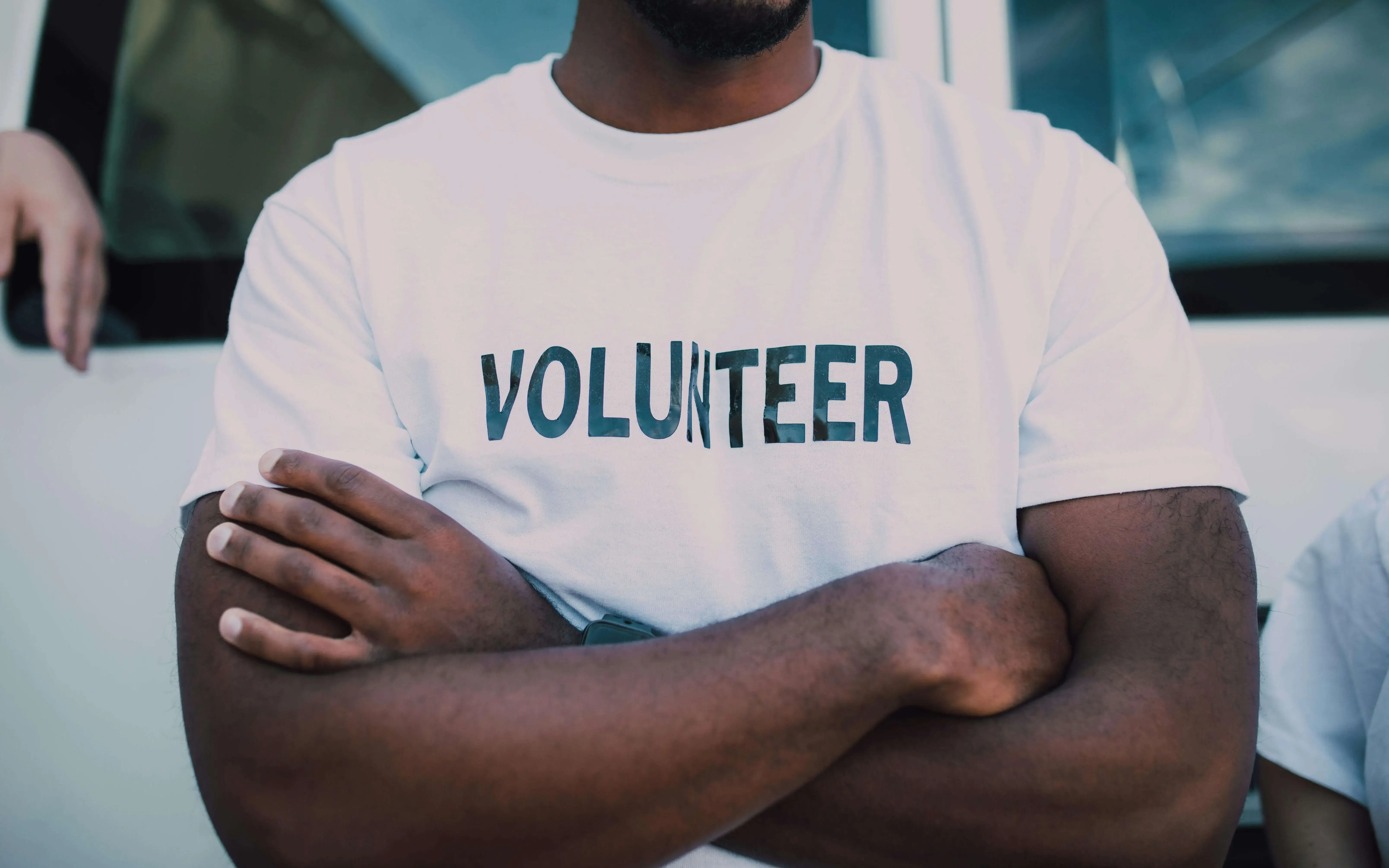
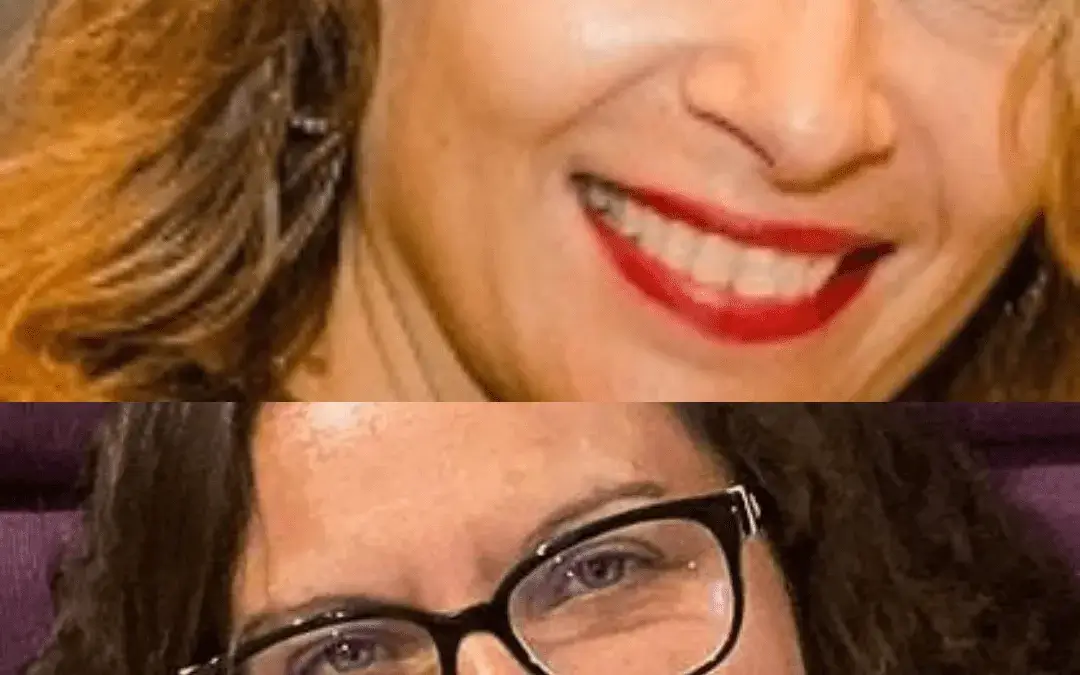
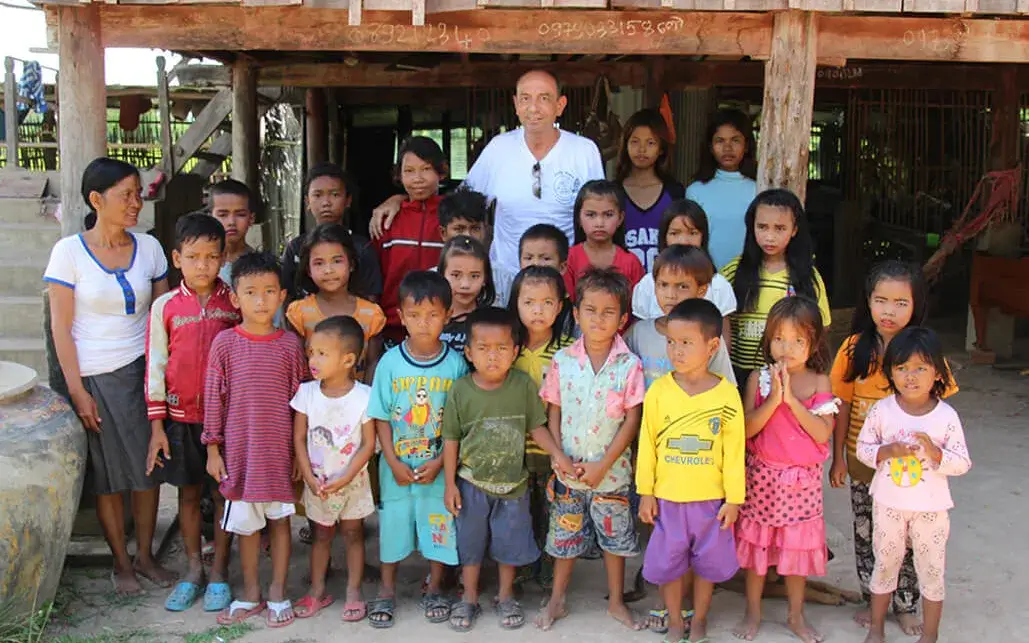
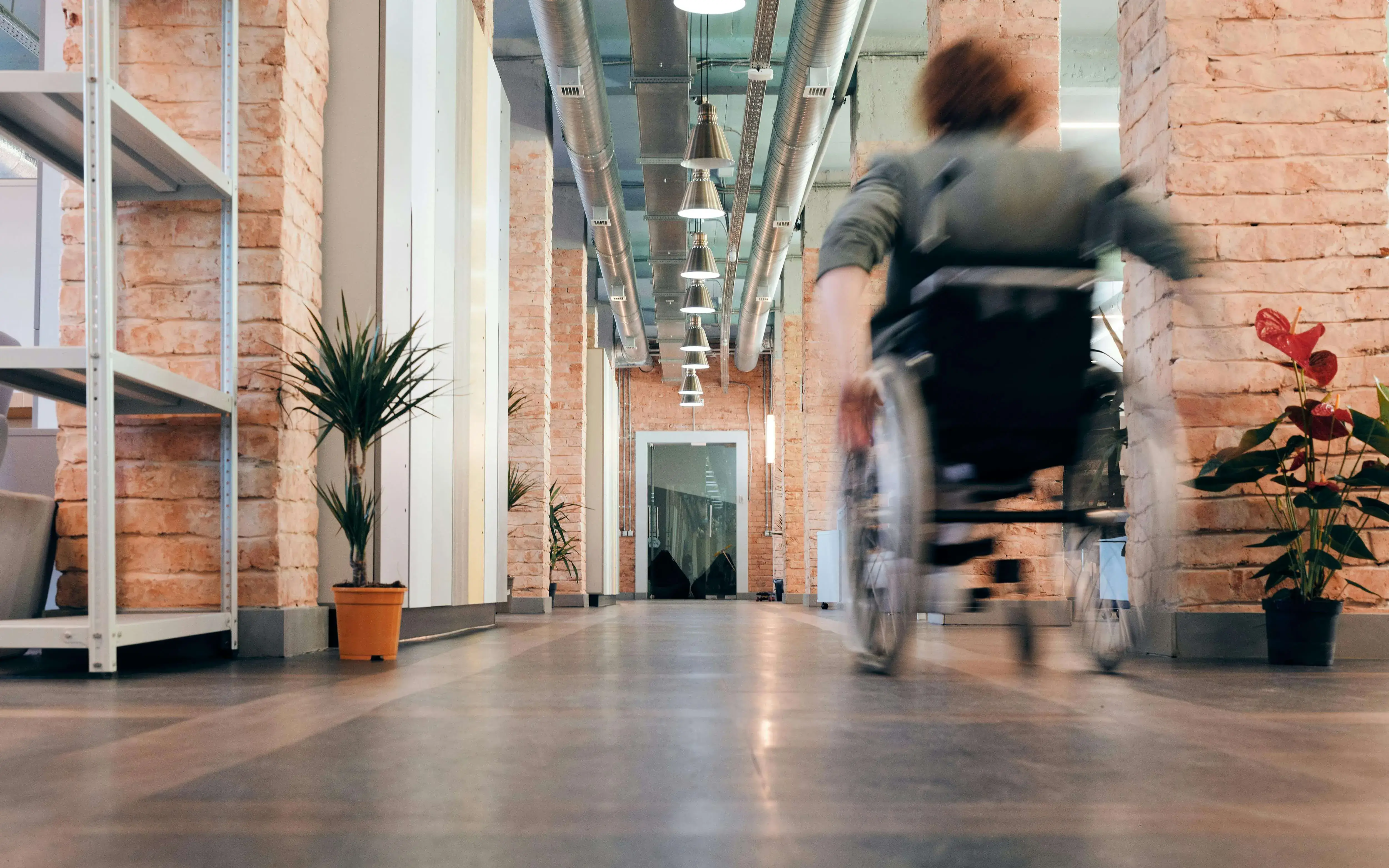
Add new comment